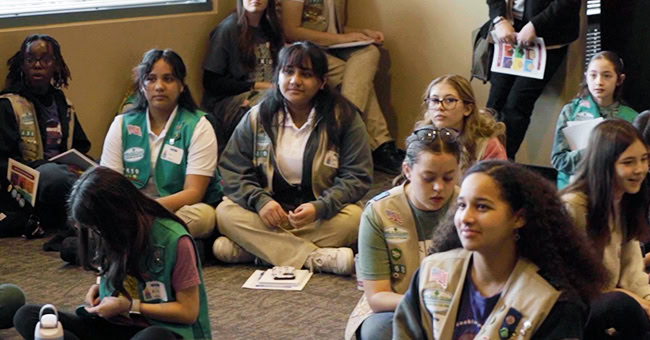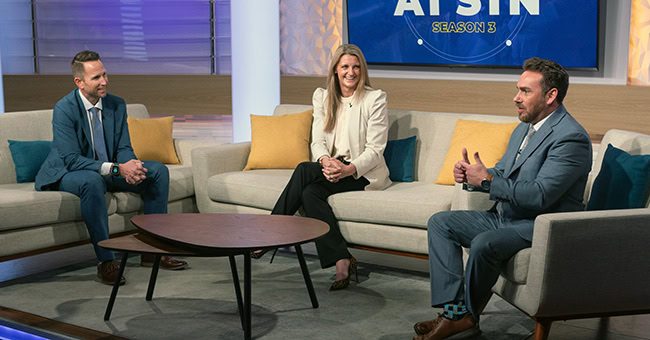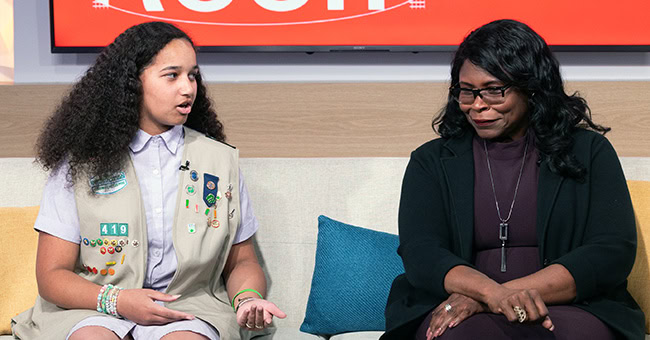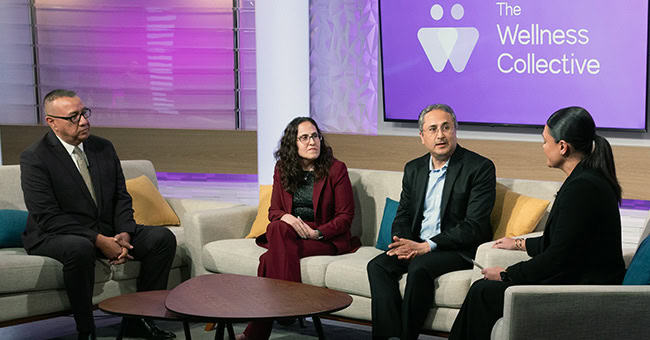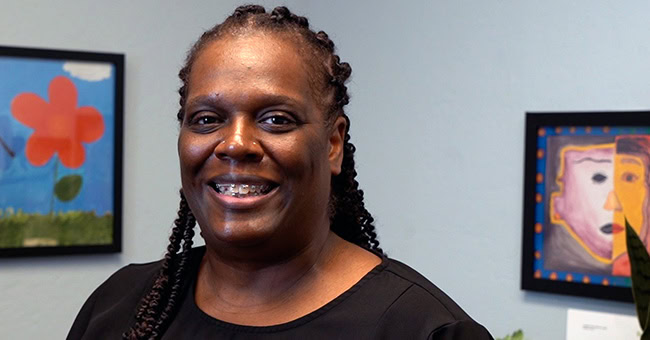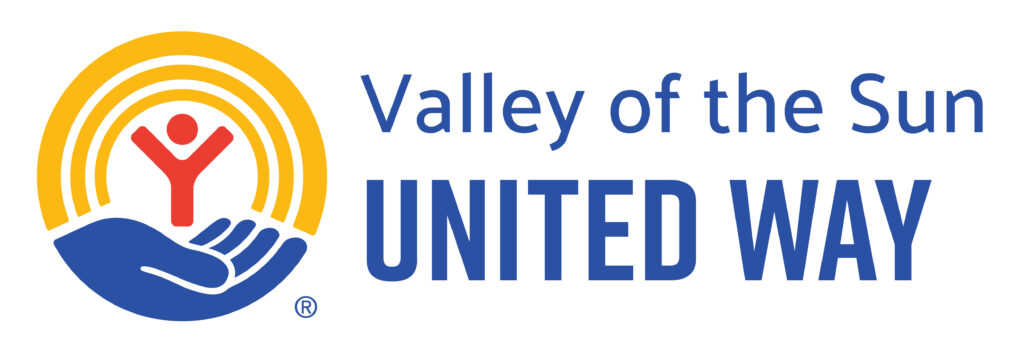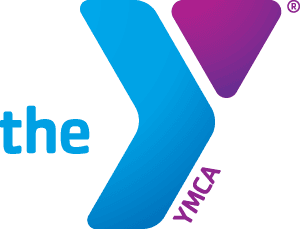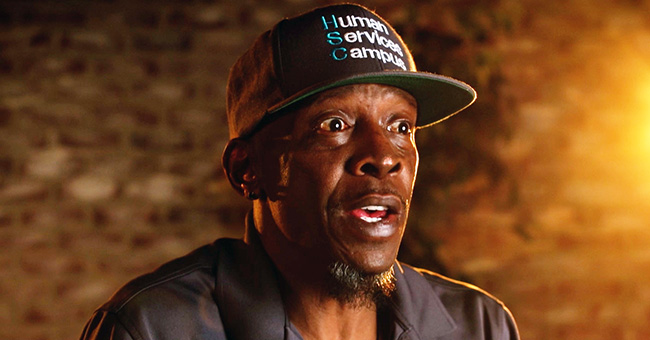
What does it mean to help someone navigate their freedom?
For Stacy White, it means making sure that newly released prisoners get the help they need to find housing.
From his position as a housing navigator at the Human Services Campus in Phoenix, White talks about overcoming chronic homelessness, the grant program that sent him into jails and the message he has for those he helps.
“ I love what I do. I love engaging with the clients. There’s nothing else I would rather be doing. This is it.“
– Stacy White
HSC, CES / Freedom Navigator

Human Services Campus Freedom Navigator Stacy White talks about addressing chronic homelessness and helping former prisoners find housing when they are released
My name is Stacy White.
I am a CES / Freedom Navigator at the Human Services Campus. I work with the chronically homeless. They’re probably not going to have all their documentation, right? They’re not going to have their Arizona ID. They’re not going to have their social [security information]. They’re not going to have a birth certificate.
So, before we can move forward with getting them referred to any type of housing program, we have to have those documents and we have to have those in HMIS (Homeless Management Information System). So initially that’s where it starts. Then we connect them to any kind of services they need to be connected to, whether they need to get an SMI (serious mental illness) evaluation, [or] whether they need to get on their medication. From initially engaging with the client, it could take four to five months before they’re actually housed.
About a year ago, Maricopa County wanted to give us a grant so someone can go inside the jails and meet people that are incarcerated, [who] are getting ready to get released and not get released back into homelessness. And I was like, ‘Absolutely, I would love to do that.’ That was just something that I didn’t think would ever happen. I didn’t think I would get batched to go into the jails or go into prisons and be able to meet with these people.
One of the things that I find difficult with dealing with the incarcerated population, it may be a year from the day that you got released that you’re eligible for services. That can be defeating. What I offer them when I go see them is two options. We can get them into CASS (Central Arizona Shelter Services), or the Human Service Campus will pay for them to go into transitional living for up to 90 days.
Upon entering into transitional living, we provide them with a gift card so they can buy some groceries. We provide them with clothing. I pick them up from jail, transport them to the Campus, [and] get them acclimated in our system.
Then from there, I transport them to the transitional house. I don’t ask much of them because I know they have their responsibilities to the program. I’ve had two people actually really get emotional just on the fact that they didn’t know what they were going to do upon release. Here I come and I’m offering them all these services, and I said, ‘As long as you stick with me, if you just endure, hang with me – whatever you need, I’ll do the best that I can within my power to get it for you will have a successful outcome.’
I just love what I do. I love what I do. I love engaging with the clients. I love the Campus. There’s nothing else I would rather be doing. This is it.










